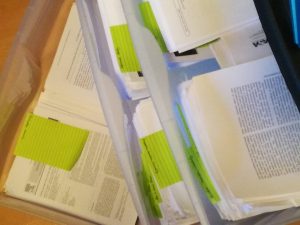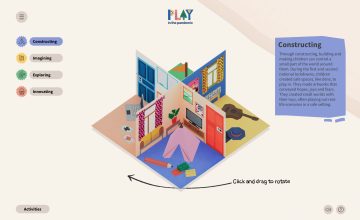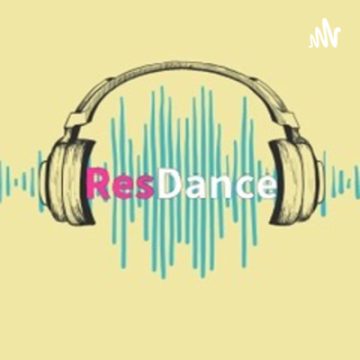
Source: NBrown
The Poetry As Research group is a reading and discussion group offering an opportunity to learn about, review and critique poetic pieces emerging from autoethnographic or ethnographic research, poetic inquiry and other Poetry As Research work.
Here is a list of readings that have been discussed and that may be helpful for anyone interested in Poetry As Research:
Maynard, K., & Cahnmann‐Taylor, M. (2010). Anthropology at the edge of words: Where poetry and ethnography meet. Anthropology and Humanism, 35(1), 2-19.
Davis, C. (2021). Sampling poetry, pedagogy, and protest to build methodology: Critical poetic inquiry as culturally relevant method. Qualitative Inquiry, 27(1), 114-124.
Carroll, P., Dew, K., & Howden-Chapman, P. (2011). The heart of the matter: Using poetry as a method of ethnographic inquiry to represent and present experiences of the informally housed in Aotearoa/New Zealand. Qualitative Inquiry, 17(7), 623-630.
Görlich, A. (2016). Poetic inquiry: Understanding youth on the margins of education. International Journal of Qualitative Studies in Education, 29(4), 520-535.
Click here for more information on Poetic Inquiry and Poetry As Research on the PAR website.
The Practice As Research network with its resources is free and always will be, but it does of course incur costs to run and to keep it running. If you use it and benefit, enjoy it and would like to keep it going, please, consider leaving something in the tip jar. Thank you!

 The
The 